Govt to see a 19% drop in road-generated revenue by 2030, study predicts
18th July 2019
By: Irma Venter
Creamer Media Senior Deputy Editor
SAVE THIS ARTICLE EMAIL THIS ARTICLE
Font size: -+
By 2030, government will see a 19.45% loss in its total road-generated revenue, owing to technological and societal trends, forecasts Johann van Rensburg, a PhD candidate conducting research on transport finance.
Van Rensburg delivered a paper entitled ‘Disruptive Transport Technologies: Forecasting the impact on road-generated revenues in South Africa’, at the recent Southern African Transport Conference.
Van Rensburg says there are 12 road-user cost recovery methods available to government, including the fuel levy, the fuel custom and excise levy, vehicle licence fees, the tyre levy, fines and toll fees.
Seventy per cent of this revenue is derived from fuel, 9% from vehicles and 21% from road users.
Van Rensburg says new technologies are impacting on road-generated revenue in a number of ways. San Francisco, for example, has found that its parking income has dropped by 10% as a result of e-hailing services, such as Uber.
Global car rental companies are also discovering that people will rather use e-hailing services than hire a car.
Some people are also foregoing car ownership in favour of using e-hailing services. E-hailing service Lyft in 2017 found that almost 250 000 people in Canada had ditched owning a car in favour of using its service.
The increasing fuel efficiency of vehicles is also impacting on global governments’ road-user cost recovery efforts.
Three trends impact road-user cost recovery, says Van Rensburg – technological trends, political decisions and social trends.
In South Africa, Van Rensburg’s research shows that vehicle fuel efficiency improvements will lead to a 2.02% decline in total revenue by 2030.
Biofuel penetration will lead to a 1.51% revenue loss.
A decline in the distances travelled will lead to a 0.52% drop in total revenue by 2030.
South Africans travel 110 km less each year, but the vehicle population is increasing, notes Van Rensburg.
Greener vehicle technology will cause a 0.48% decrease in revenue by 2030.
A lack of user compliance – not paying tolls or fines, for example – will lead to a 4.16% drop in revenue by 2030.
The biggest revenue decline for government, however, will come from a 10.62% drop in revenue owing to shrinking vehicle ownership by 2030, says Van Rensburg.
This will be because of the increased use of e-hailing services, public transport and people moving closer to their places of work.
Van Rensburg believes the almost 20% drop in revenue by 2030 leaves sufficient time for government to find alternative income streams, should it move quickly enough.
